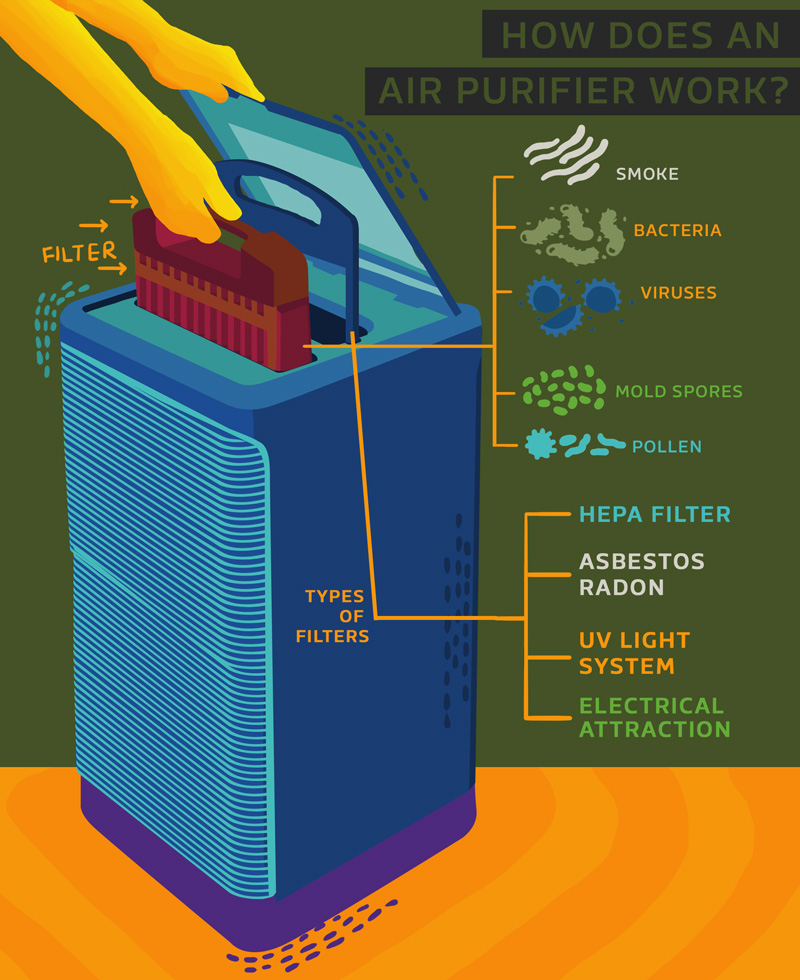Learn Exactly How To Make Sure The Efficiency And Long Life Of Your Heat Pump System By Steering Clear Of Common Setup Blunders
Learn Exactly How To Make Sure The Efficiency And Long Life Of Your Heat Pump System By Steering Clear Of Common Setup Blunders
Blog Article
Content Created By-Saunders Wheeler
When setting up a heatpump, you must avoid usual mistakes that can endanger its effectiveness. Forgeting appropriate sizing might result in inadequacies and greater energy costs. Ignoring insulation and securing can cause power waste and pressure on the unit. Additionally, placing the outdoor device incorrectly may impact its performance. By staying clear of these errors, you can ensure optimal working and longevity of your heat pump system.
Improper Sizing of Heatpump
When it involves the installment of heat pumps, one of one of the most usual mistakes is improperly sizing the unit for your area. Making certain the appropriate size is vital for optimum efficiency. If the heat pump is as well small, it will certainly have a hard time to warm or cool your area efficiently, bring about raised energy bills and possible damage on the device.
On the other hand, if the heat pump is too big, it will cycle on and off regularly, triggering temperature fluctuations and lowering its lifespan.
To avoid this error, it's essential to have a professional examine your area and suggest the ideal size of the heatpump based upon elements like square footage, insulation, ceiling height, and neighborhood climate. By investing the moment and initiative to make certain the proper sizing, you can take pleasure in a comfy atmosphere while optimizing power effectiveness and extending the lifespan of your heatpump.
Inadequate Insulation and Sealing
To guarantee the effective operation of your heatpump, it's essential to attend to poor insulation and securing in your room. Proper insulation assists keep a constant temperature inside your home, minimizing the work on your heat pump. Poor insulation can cause energy loss, making your heat pump job harder and much less effectively.
Securing any type of voids or leakages in your space is similarly essential. These spaces enable conditioned air to get away and outdoor air to permeate in, requiring your heat pump to make up for the temperature level fluctuations.
Incorrect Positioning of Outdoor Unit
Addressing the positioning of your heatpump's exterior system is vital to enhancing its performance. Mounting the exterior unit in an inaccurate area can result in efficiency issues and prospective damage to the unit.
One typical mistake to avoid is positioning the outside system also near a wall surface or various other frameworks. try this website can limit air movement, triggering the unit to function more challenging to warm or cool your space, ultimately decreasing its efficiency and life expectancy.
https://kameronyksbk.izrablog.com/31049744/a-thorough-list-for-ready-your-home-for-heatpump-installment to stay away from is positioning the outdoor system in direct sunlight. While some sunlight is unavoidable, excessive exposure can bring about overheating, specifically during warm summertime days. It's ideal to place the exterior system in a shaded area to assist preserve its ideal operating temperature level.
Furthermore, see to it that the outdoor device is put on a stable and level surface. Unequal ground can create resonances and unneeded strain on the unit, affecting its performance in time.
Final thought
Finally, preventing usual blunders throughout heat pump setup is necessary for optimizing effectiveness and long life of your system. By making certain proper sizing, ample insulation, securing, and appropriate positioning of the outdoor system, you can avoid issues such as ineffectiveness, increased power costs, and pressure on the system. Making the effort to attend to these essential variables will eventually conserve you money and time in the future.
